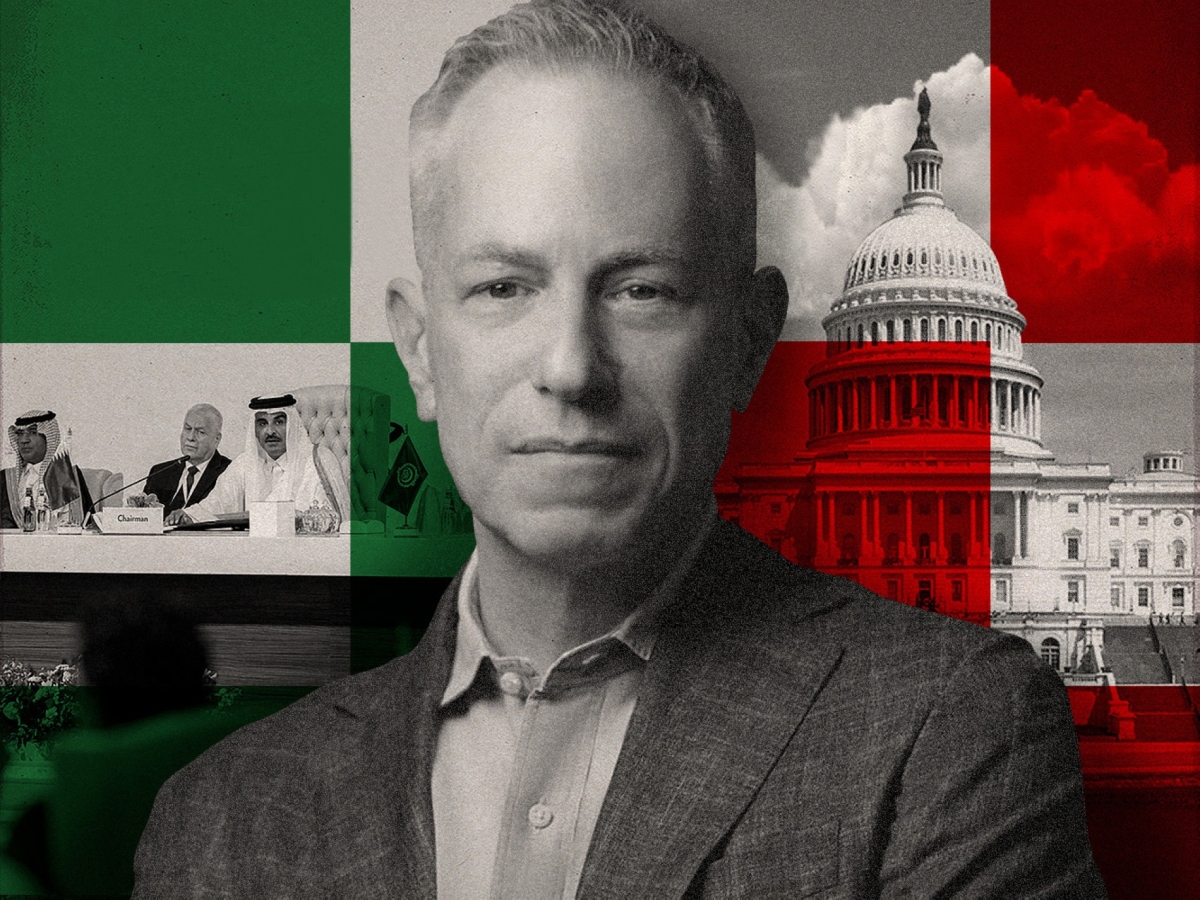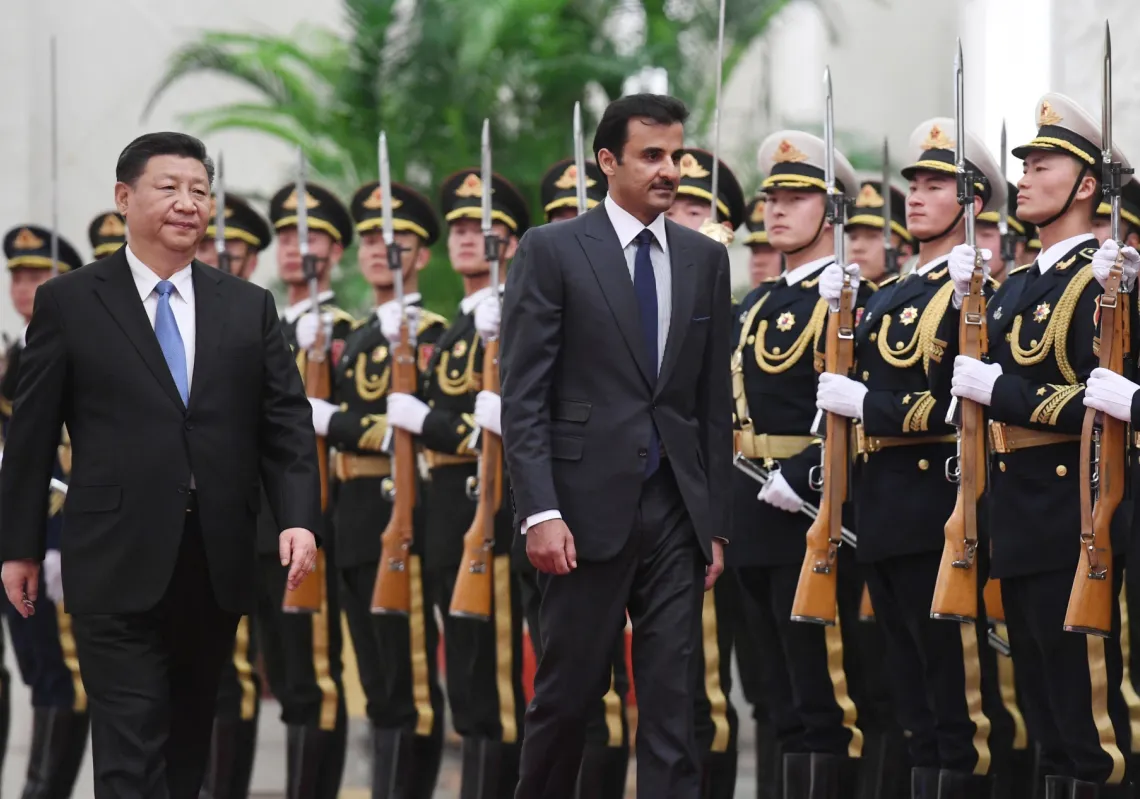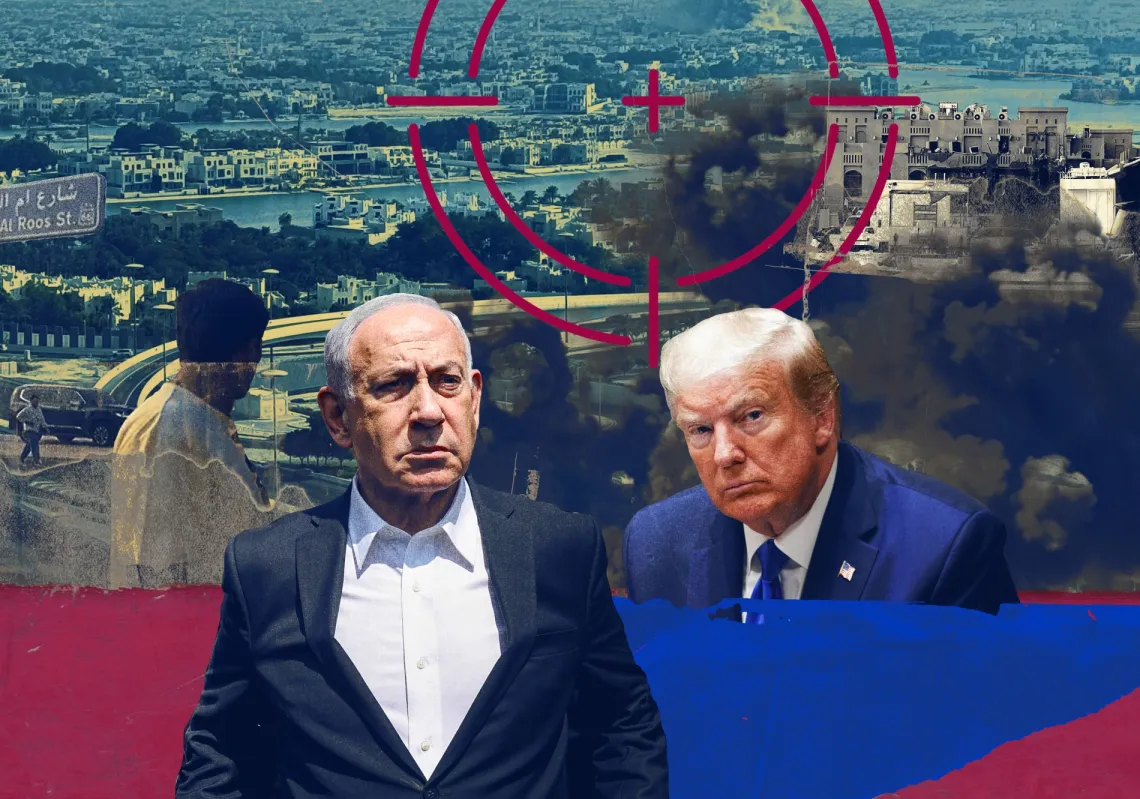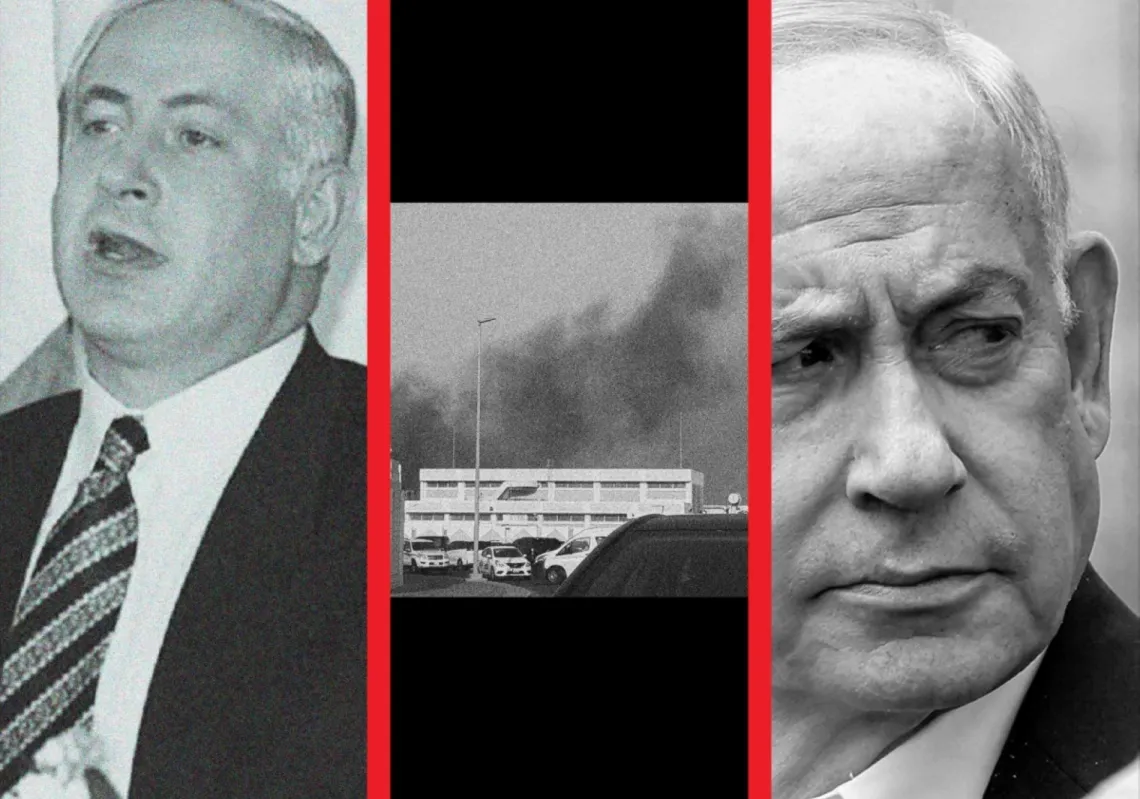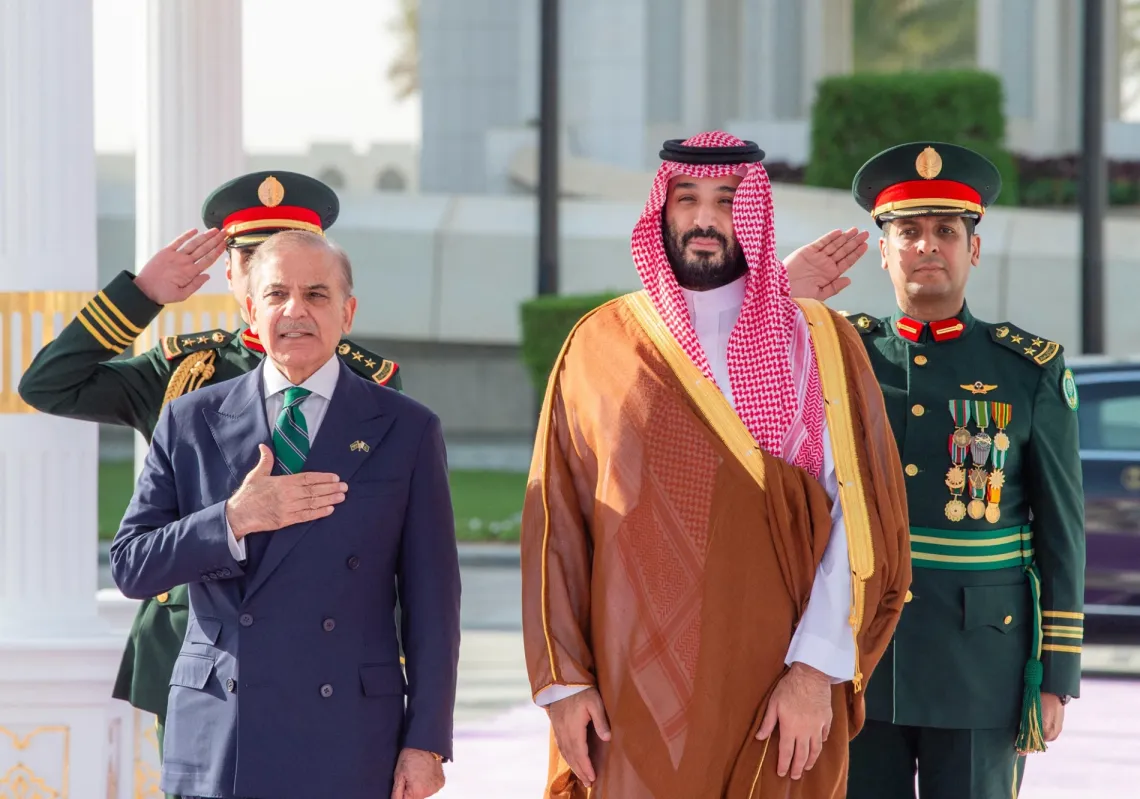Gulf countries will continue security cooperation with the US, even as they seek clearer security assurances amid significant regional threats, former US Ambassador to Saudi Arabia Michael Ratney told Al Majalla.
In a region where alliances are constantly tested and geopolitical landscapes are rapidly shifting, he shared his insights on the implications of Israel's strike on Qatar—a US ally—and the delicate balance of power in the Middle East.
Drawing on more than three decades of diplomatic experience, Ambassador Ratney sheds light on why he believes Gulf countries will remain committed to their historic security partnership with the United States, despite emerging challenges, and what they now seek most: clarity and reassurance in uncertain times.
He explores the political push and pull surrounding defence agreements, President Donald Trump’s promises versus political realities, and the rising frustration even among Israel’s traditional allies over what they see as the unrestrained policies of Israeli Prime Minister Benjamin Netanyahu.
Ambassador Ratney, who also served as US chargé d'affaires of the US embassy in Israel, says this frustration can be seen in the recent moves by France, the UK, Canada, Australia, among other Western states, to recognise a Palestinian state—a symbolic action, but one that clearly underscores their discontent with Netanyahu.
Below is the full interview.
In light of the shocking strike by Israel against Qatar, a close US ally, do American security guarantees still carry weight in the Arabian Gulf?
It's an important question, and one that's surely on the minds of leaders throughout GCC countries and the Middle East right now. It's quite unprecedented what happened. I think we should remember that security cooperation between the US military and the militaries of GCC countries dates back literally decades. This involves defence sales, exercises, training, and consultations. The level of cooperation likely exceeds that of military cooperation between the GCC and any other country. So it's extremely important.
Historically, it offers a net advantage both for the United States and for our GCC partners, given the range of threats, whether it's Iran or their proxies, terrorists, or other threats throughout the region. GCC countries likely view this security cooperation as extremely valuable. But when discussing the natural next step—transitioning from security cooperation to formal security guarantees—that's actually something quite different.
Although we don't have a formal treaty relationship with any of our GCC allies, it is something that we were discussing. This topic has been discussed in the past two years with Saudi Arabia under a broader discussion about normalisation with Israel. And while normalisation doesn't seem very likely at this stage, it is indicative of the fact that GCC countries are looking for greater clarity about the nature of their relationship with us.
And while I understand that they would have concerns over the value of security cooperation with us after Israel's strike on Qatar, I don't think this would lead them to abandon their deep and longstanding security cooperation with the United States.
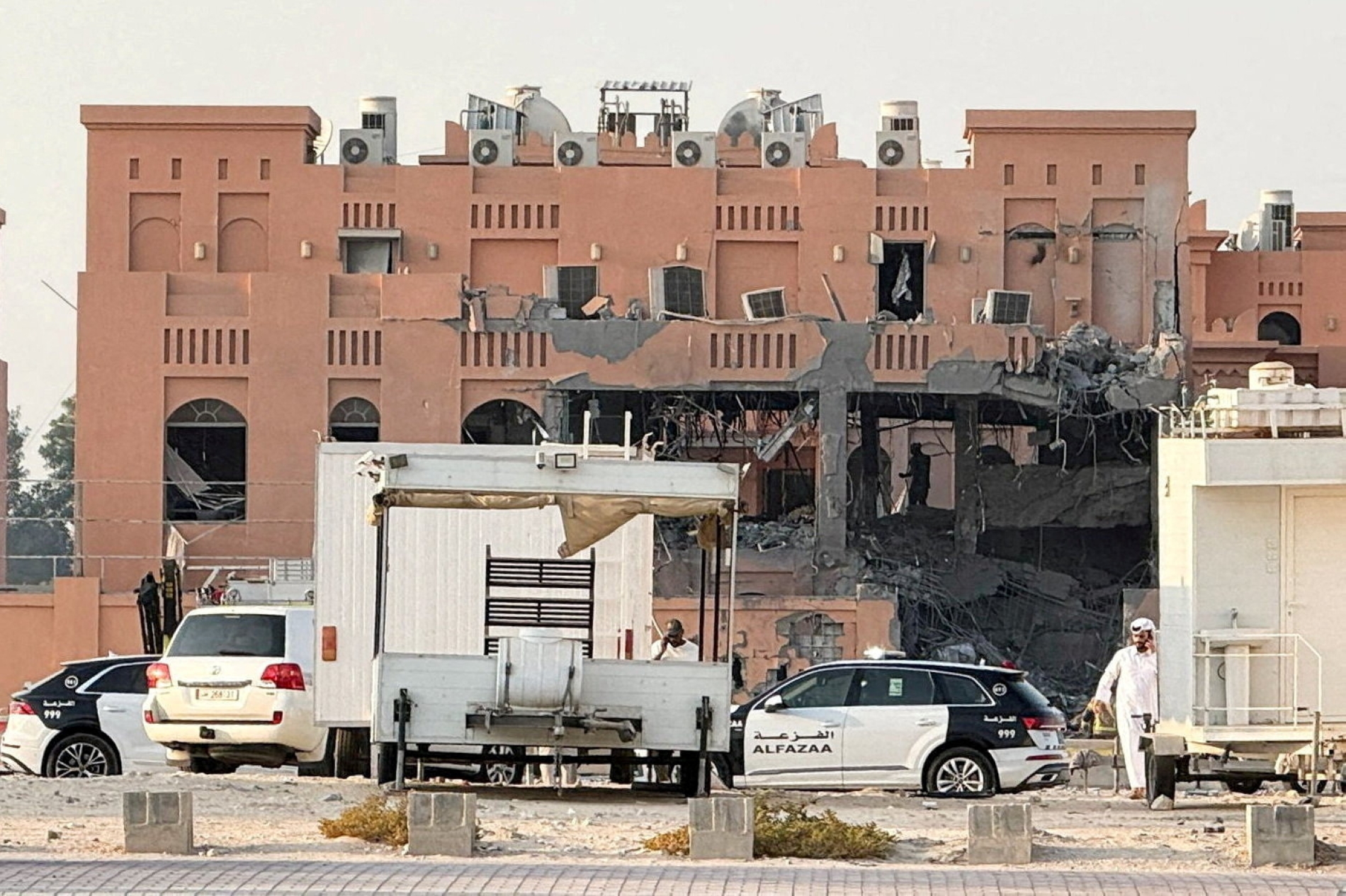
Do you think Israel's attack on Doha might incentivise Gulf states to diversify their alliances?
I think Gulf countries have important relationships with many countries around the world. When you think about it, they're sort of at the centre of the world geographically, and around them are Europe and the United States, Asia, China, and India. And they must live in that part of the world forever, and they will form important relationships, including economic ones.
I believe the security partnership with the United States differs for a couple of reasons. One is that it's so longstanding. The Gulf countries and the United States military have been cooperating, training, and buying defence articles of all sorts for decades. And so the level of integration between the two militaries is really unprecedented. It's hard to simply undo that and switch to another partner.
I also think the quality of US technology and armaments is qualitatively better. I suppose you could say I'm biased on that point, but I think it's true compared with Russian or Chinese or other sorts of armaments.
The third reason is that the US is one of the few countries willing to offer some measure of defence against the principal adversary of the Gulf, which is Iran and its regional proxies. Having said that, I could imagine Gulf countries trying to up their cooperation with China and Russia. We saw recently Saudi Arabia and Pakistan sign a defence pact, but I don't think any of those countries are going to offer security assurances in the event of an attack by Iran.
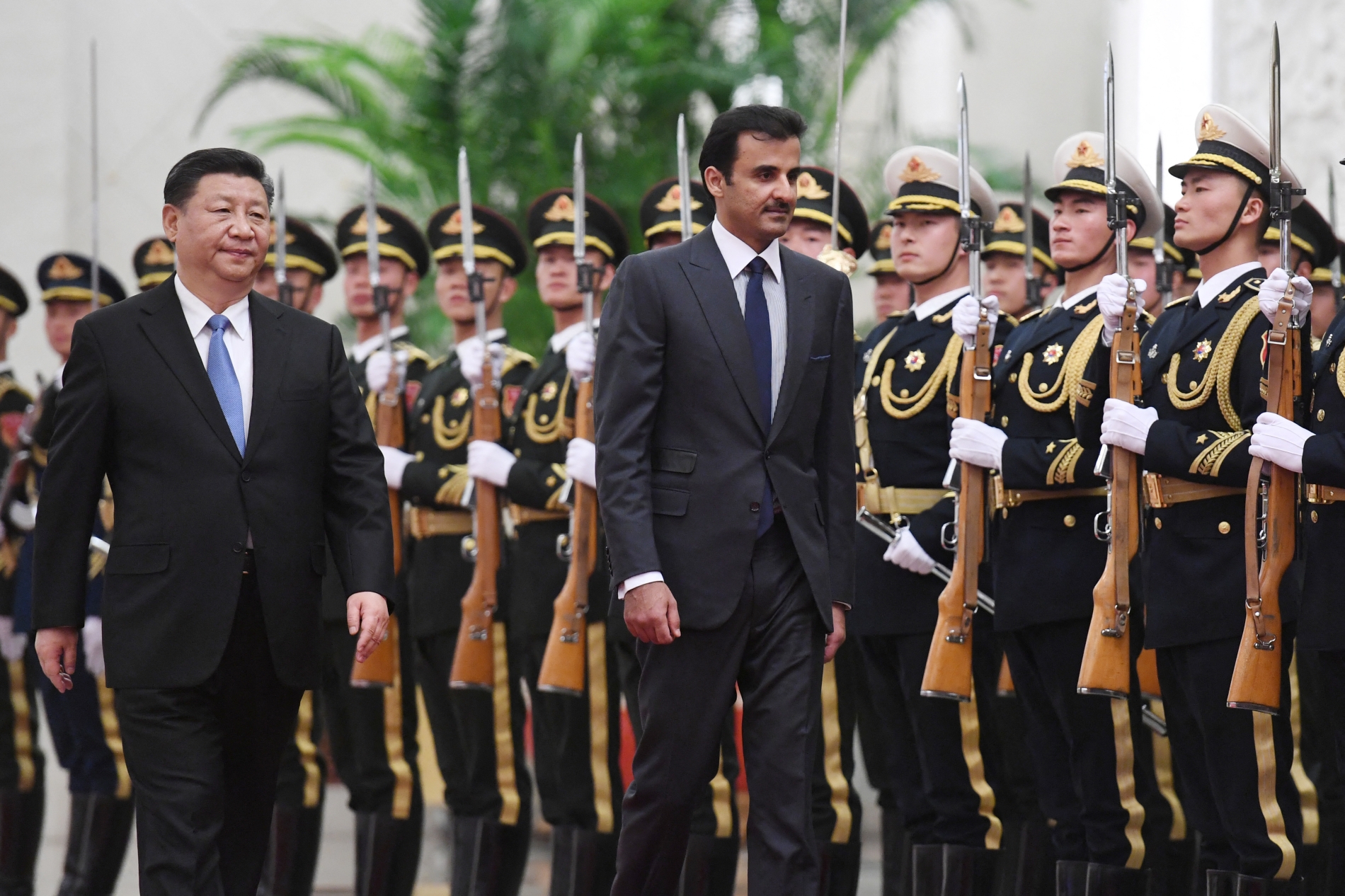
Read more: Pivot to China? Gulf states mull options after Doha strike
Do you think Israel's strike on Doha was an operational failure on the part of Washington, or a foreign policy failure?
That's a good question. I think of that strike as part of a broader effort by Israel to take the fight directly to its enemies. And obviously, Israel, as of late, has felt unrestrained in doing that.
At the same time, President Trump has said very clearly that he wants an end to the war. He wants an end to the war in Gaza. He publicly expressed his frustration with Israel about its attack in Doha, so I don't know whether I would characterise it as a failure, but I do think it's something that has deeply frustrated the United States.
It was both shocking and unprecedented. And President Trump, for his part, made clear that it should never happen again. He sees Qatar as an important partner as much as he sees Israel as an important partner. And he said quite clearly that this (the strike) was not in America's interest nor Israel's interest.
Netanyahu and his government have become so unrestrained over the past two years—not just in his war on Gaza but also in his attacks across the region. Given the fact that Israel's image has taken a beating —not only in the Middle East but also in the world—what can the US do to change course?
I think the principal reaction right now among Israel's traditional partners—which includes the United States, European countries and others—is one of extraordinary frustration. President Trump has expressed this himself. The recognition of Palestine by France, the UK, Canada, Australia, and other Western states is a demonstration of their frustration with Netanyahu.

Whether this recognition will impact Netanyahu's calculations, I don't know. The fact is, his calculations seem to be driven mostly by his domestic political considerations, his need to maintain his government and his sense that he has a historic opportunity with respect to Hamas.
He does seemingly feel unrestrained at this point. And I think what we'll see is countries, European countries— traditional partners and allies of Israel—increasingly frustrated and looking for ways to influence Israeli government behaviour. Whether it'll have an effect, I don't know. The record of the last two years has been limited.
Why do you think Netanyahu decided to carry out such a bold strike on a US ally in the region?
I don't know the inner workings of Netanyahu's mind, but he may have calculated that the US—or anyone else, for that matter—would not constrain Israel and that the consquences would be worth the price. Although I'm not sure if that's true or not.


